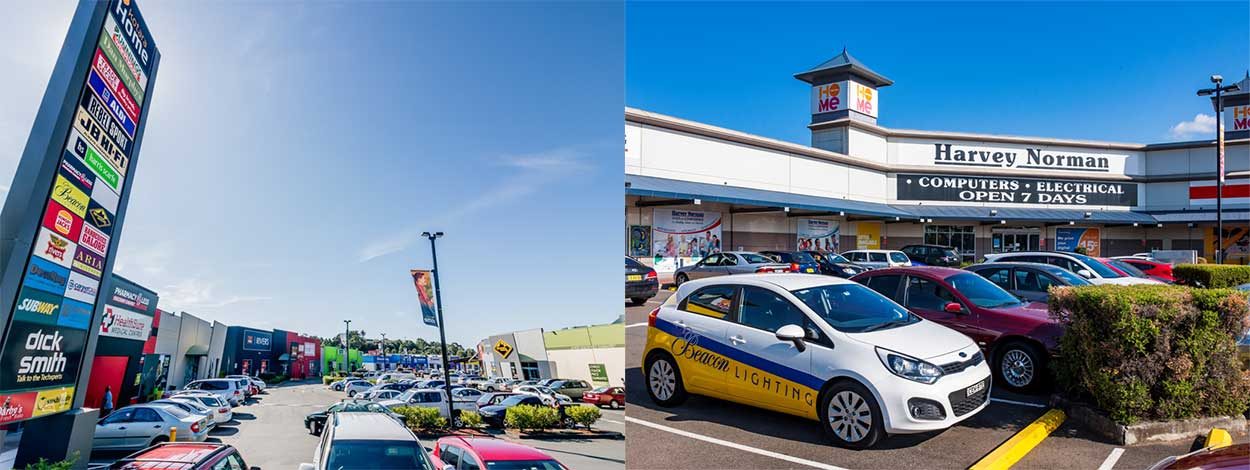This article is from the Australian Property Journal archive
AVENTUS Retail Property Fund will internalise its management by acquiring the business from Aventus Property Group (APG), in a $143 million deal that will see the trust in charge of a $1.9 billion portfolio of large format retail centres.
Shareholders will vote on the proposal, which has been backed by directors, on September 25.
Retail identity Brett Blundy holds a two-thirds majority of APG shares via his private Singapore-based investment company BBRC International. The remainder is owned by chief executive officer Darren Holland. Blundy owns 29% of Aventus and Holland 2.3%, and both are ineligible to vote.
“The internalisation of AVN’s management is expected to have immediate benefits to earnings and value, as well as long term strategic advantages for the competitiveness and growth prospects of the group,” chairman of Aventus Capital Limited, Bruce Carter said.
“It will also bring Aventus into line with the standard for large real estate trusts and offers potential for a greater diversity of capital sources and opportunities.”
The $143 million purchase price represents an FY19 EBIT multiple of 9.3 and a fee waiver adjusted EBIT multiple of 8.6.
Aventus said benefits to unitholders for FY19 would include accretion of 1.1% in funds from operations accretion, 4.0% in adjusted FFO accretion, and 6.0% in value.
It posted a 2.3% uplift FFO to $89 million, or 18.1 cents per unit for the 2018 financial year. Guidance for the 2019 full-year funds from operations per unit is 18.2 cpu and, if the internalisation is approved, will increase to 18.4 cpu.
The portfolio includes 20 large format centres and saw net property valuation uplifts of $78 million, taking the weighted average capitalisation rate to 6.69%.
Aventus negotiated 109 leases covering 77,000 sqm, taking the portfolio’s occupancy rate to 98.7%. Weighted average lease expiry was stable at 4.1 years. National tenants make up 87% of the portfolio by gross lettable area.
“The focus remains on introducing new tenants that offer non-household products and services such as food, health and wellbeing, and childcare. These uses drive traffic, extend customer linger time and on average pay higher rents,” Aventus said.
Non-household products and services have grown to become the largest category within the portfolio, accounting for 37% of the trust’s income.
Distributions were 16.3 cpu, up by 2.4%. Net tangible assets per unit increased 7.2% to $2.38.
Australian Property Journal



